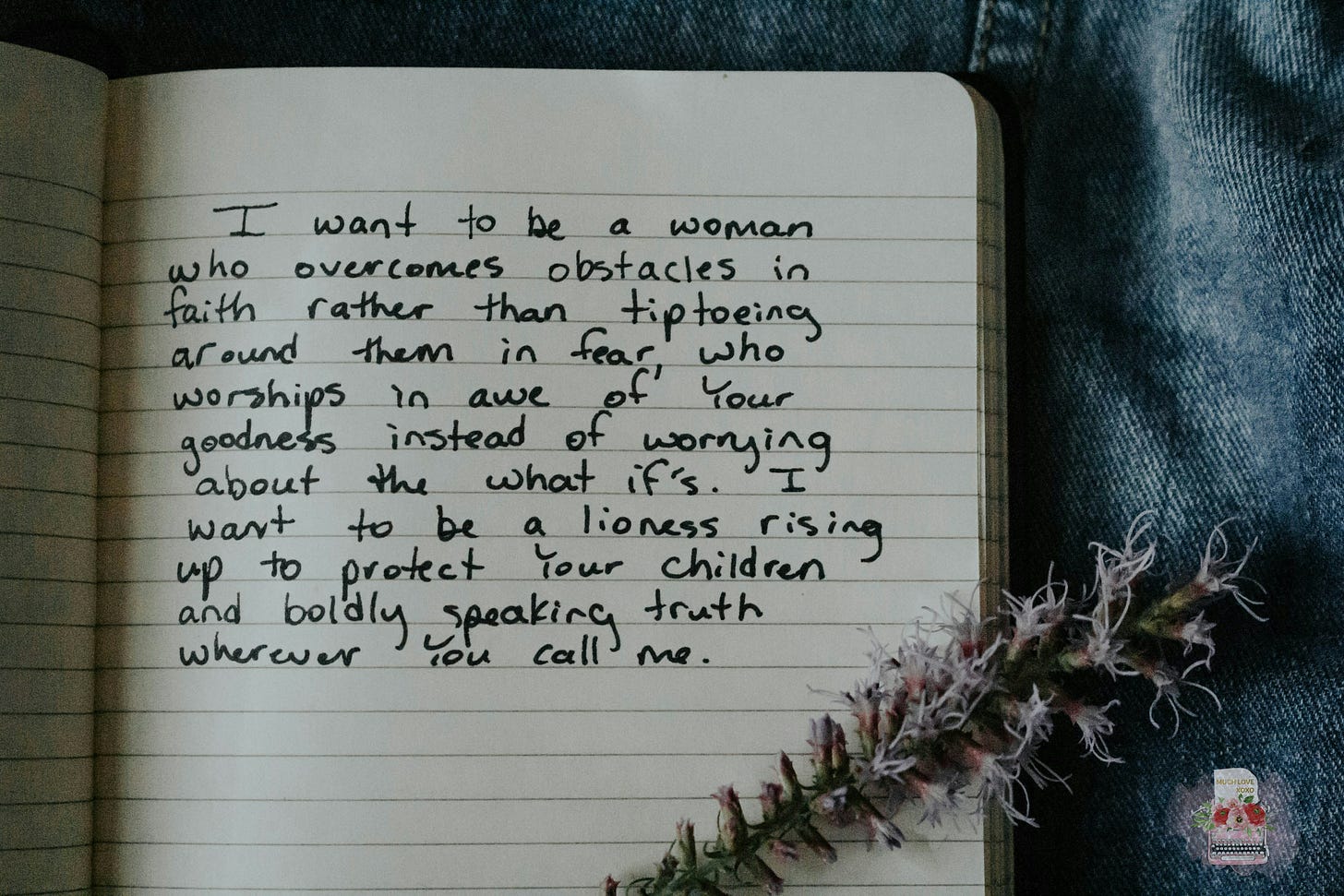How to Manage Emotional Triggers
Three questions to ask yourself to stay grounded in the middle of emotional overwhelm.
This past week, I found myself facing a deeply triggering situation—the kind you can’t just sidestep.
It hit so hard that I ended up dissolving into ugly tears in the bathroom on Sunday night. There was nowhere to go and nothing to do except face it—something I really didn’t want to do.
Internally (and occasionally externally), I went into the week kicking and screaming.
But here's the good news: I didn’t just survive.
Sure, I’m as tired as heck today. But I came through with new, profound insights—and deeper self-understanding and empathy.
How to Manage Emotional Triggers: 3 Questions
(Ask yourself these the next time you find yourself ugly crying in the bathroom.)
1) What unhealed part of me is reacting right now?
Triggers often feel like someone else’s fault—something outside of us that if removed, would eliminate the pain.
But asking, “What unhealed part of me is reacting?” shifted me inward.
That small pivot gave me back agency—moving from victimhood to responsibility.
2) What else is going on in my life right now?
Triggers hit harder when our cup is already full.
When I asked this, the honest answer was: A lot.
Most of it is good, but my capacity was low, and that factor magnified the emotional impact.
3) What can I learn if I simply sit with these hard emotions?
This final question can be uncomfortable—but transformative.
Growing up deeply enmeshed with authority and expectations, I learned to internalize outside emotions.
Sitting with my feelings—without judgment or absorbing them into my identity—allows me to observe them.
Usually, after a few days, what emerges is greater self-compassion, curiosity, empathy for others, and the ability to align with what truly matters.
If you’ve ever wondered how to manage emotional triggers, I hope these three questions serve as a helpful tool—anchoring you in your own inner life when a trigger hits mid-vulnerability.
Another tip: Make sure you're moving your body and getting enough rest when you're navigating a trigger. Physical movement—like walking, yoga, swimming—and good sleep help shift emotional energy through the body and replenish your capacity.
Further reading: “Emotional Triggers: What They Are and How to Deal with Them,” from BetterUp, defines triggers as “a person, place, thing, or situation that elicits an intense or unexpected emotional response or causes an individual to relive a past trauma.”
Let me know if these questions resonate with you—and whether you've ever been knocked off balance by a trigger that hit hard.
I’d love to know how you navigated it.
Veritas et gratia,
-Kristy 💐



